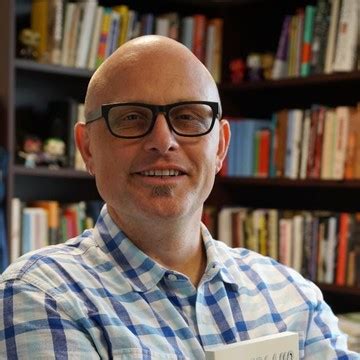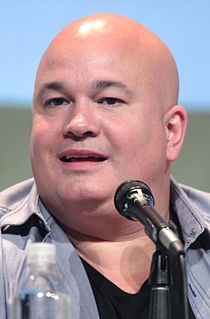A Quote by Anthony Doerr
My preference is for prose with more silence in it, language that contains more pockets of strangeness.
Quote Topics
Related Quotes
And silence. She liked the silence most of all. The silence in which the body, senses, the instincts, are more alert, more powerful, more sensitized, live a more richly perfumed and intoxication life, instead of transmuting into thoughts, words, into exquisite abstractions, mathematics of emotion in place of violent impact, the volcanic eruptions of fever, lust and delight.
For language to have meaning, there must be intervals of silence somewhere, to divide word from word and utterance from utterance. He who retires into silence does not necessarily hate language. Perhaps it is love and respect for language which imposes silence upon him. For the mercy of God is not heard in words unless it is heard, both before and after the words are spoken, in silence.
The difference between prose logic and poetic thought is simple. The logician uses words as a builder uses bricks, for the unemotional deadness of his academic prose; and is always coining newer, deader words with a natural preference for Greek formations. The poet avoids the entire vocabulary of logic unless for satiric purposes, and treats words as living creatures with a preference for those with long emotional histories dating from mediaeval times. Poetry at its purest is, indeed, a defiance of logic.
There cannot be a language more universal and more simple, more free from errors and obscurities...more worthy to express the invariable relations of all natural things [than mathematics]. [It interprets] all phenomena by the same language, as if to attest the unity and simplicity of the plan of the universe, and to make still more evident that unchangeable order which presides over all natural causes





































